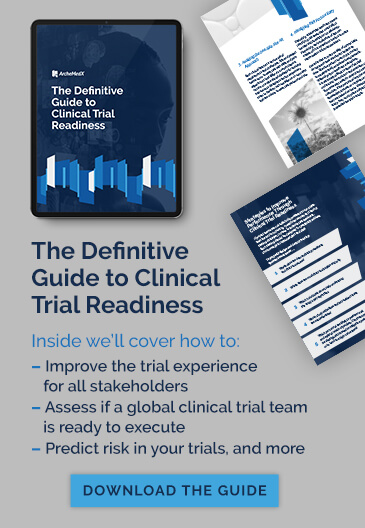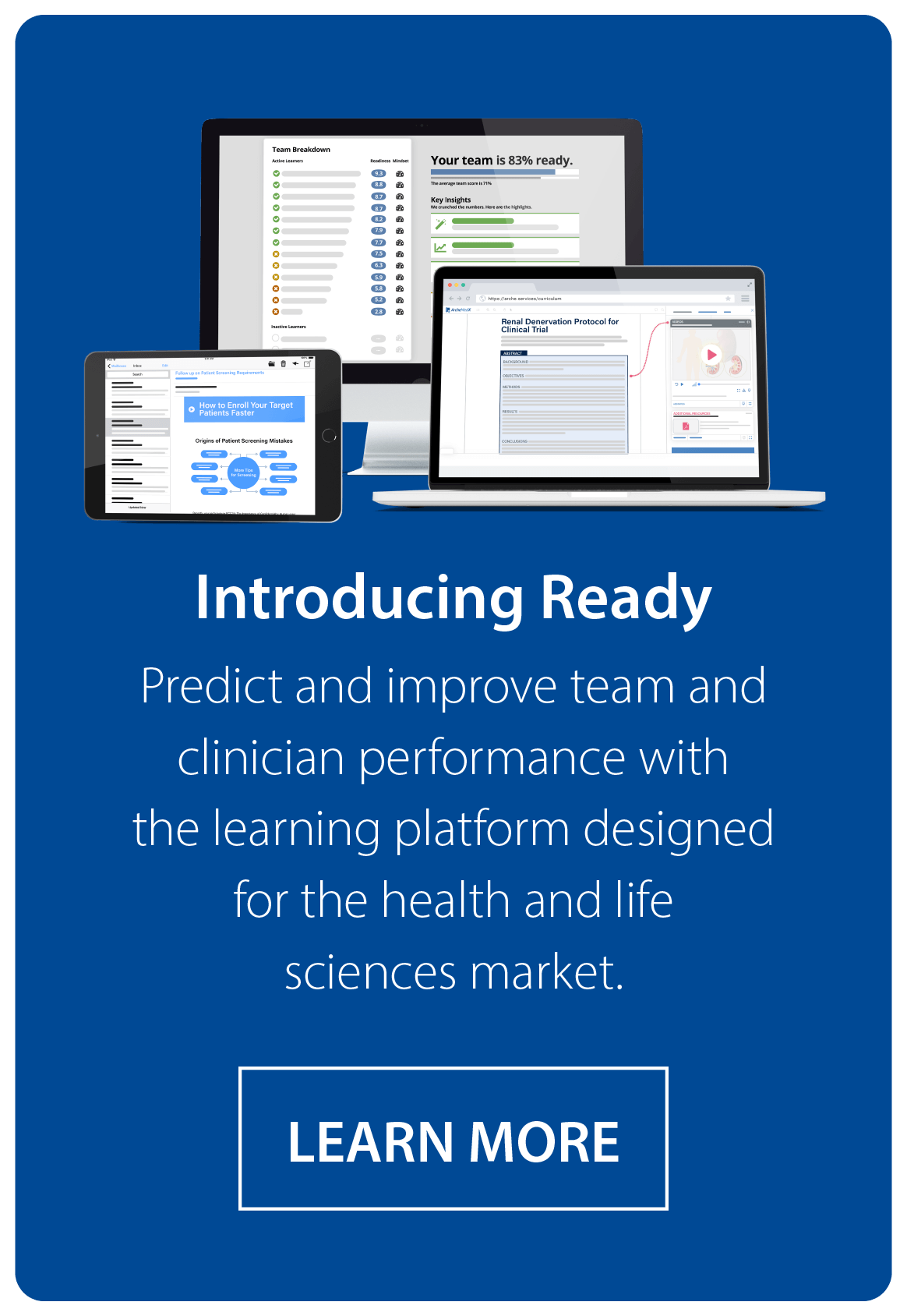Your protocol has been amended. There’s been a key finding that requires a change in procedure. Maybe there’s a new working practice document. Whatever the specifics, vital information has been dispersed to the team and all individuals have acknowledged that they have read it. But how confident are you that everyone who needs to understand the information really does? On what is your confidence based?
For an industry devoted to scientific study and evidence-based medicine, we take a lot on faith.
At ArcheMedX, we have found that almost no one currently assesses whether or not clinical trial staff truly understand important trial updates like protocol amendments and new SOPs. Many sponsors don’t measure staff competence or confidence. They don’t even verify whether or not important documents or key written communications are actually read.
Keeping Up With It All
A number of things change over the course of the average clinical trial. Today, as we all struggle to find the path forward in the age of COVID-19, we can expect there to be a great deal more modification of procedures. For clinical trial teams, that means more to absorb, more to understand, and more to master. For sponsors, that means more risk.
If you don’t want to live with this level of risk hanging over your clinical trial operations, you’ve got to move beyond simply asking people to check a box and affirm that they’ve read a document. You must be able to assess their understanding. And, where understanding is lacking, you must be able to systematically address the problem and monitor improvement.

Procedures, Protocols, and People, too
Procedures and protocols aren’t the only things that will be changing in clinical trials. Job roles and responsibilities will change as well. Clinical Research Associates (CRAs) are now doing remote monitoring, and a lot more of their visits are via the telephone. Consider your statisticians. In the days ahead, they will need to do more in the area of managing and interpreting missing data due to the impact of the pandemic. Medical writers need to know how to quickly handle all the new information that will be coming their way following the FDA guidance to report on what happened in your trial because of COVID-19.
New tasks like these require new skills. How will you know whether or not the personnel is ready to meet their new responsibilities? The answer is not a check-the-box activity. Instead, it’s an enriched learning experience that layers in behavioral data and aligns with the way that we know adults learn. With such an approach, you will improve performance and increase confidence, knowledge, and mastery across your team. You will also generate the data that will show you both where you need to do more and where you are ready to go.
Modernizing your approach to educating and assessing your clinical trial staff will elevate every aspect of your staff’s performance, and go a long way toward reducing the risk of error, misstep, and even failure.
Learn how ArcheMedX can help you make it happen through our advanced approach to training and assessing site staff.





